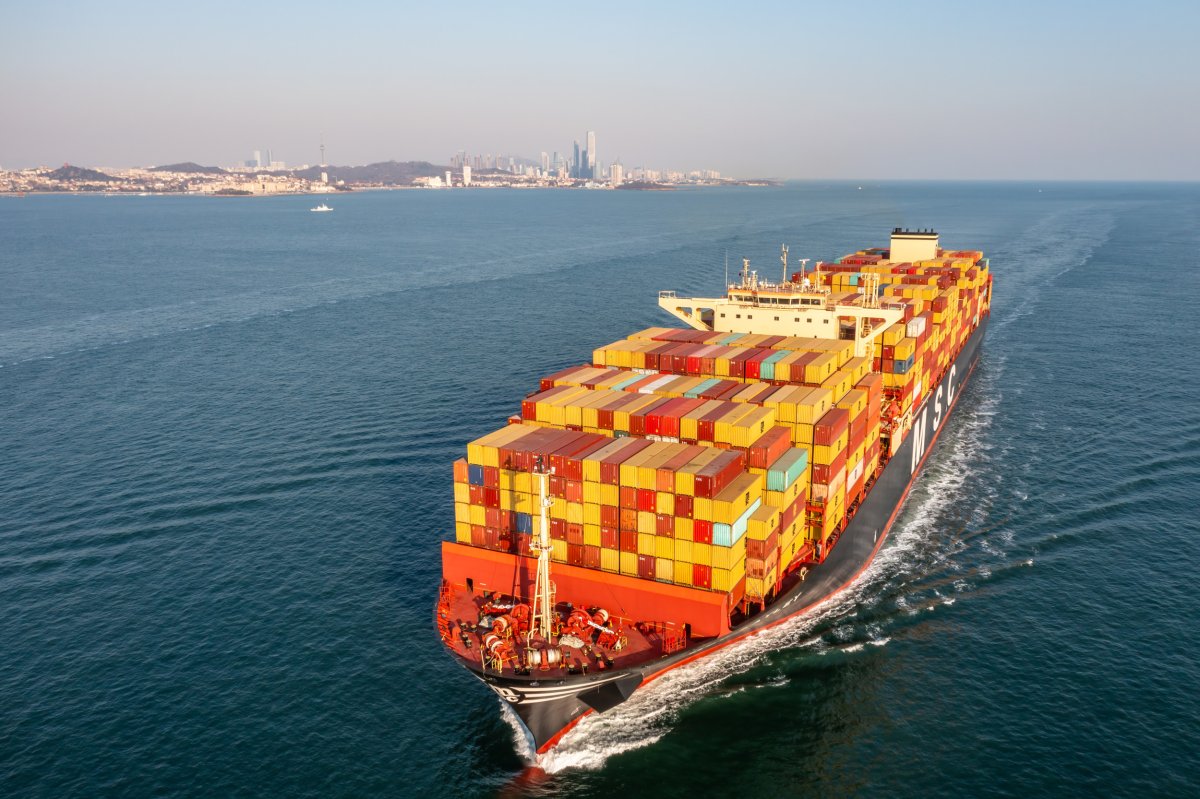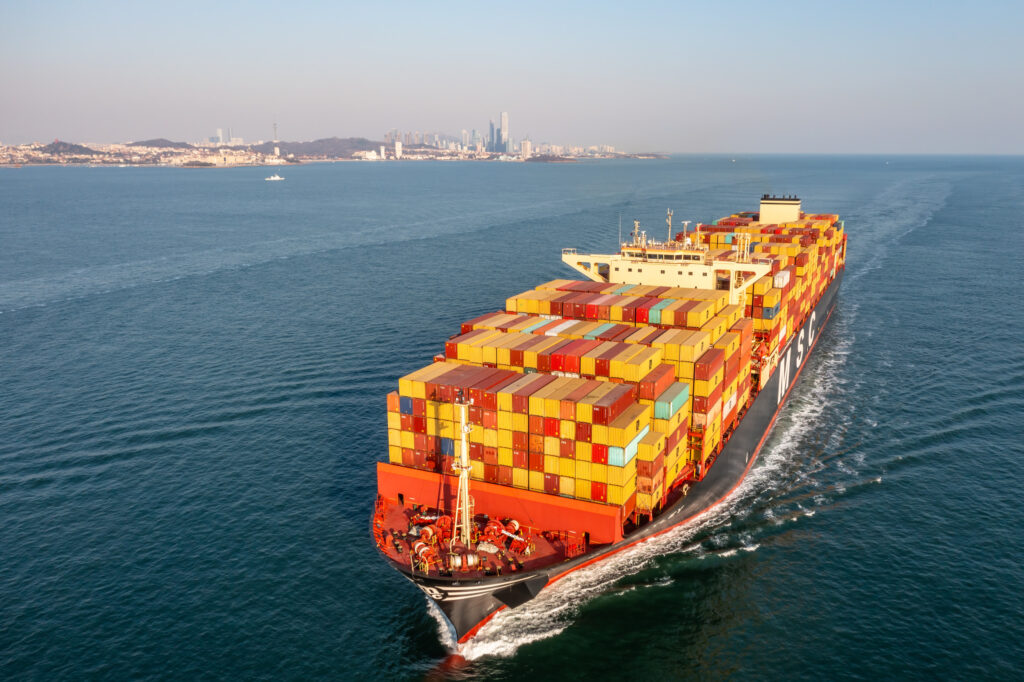China's manufacturing activity expanded for the second month in a row in April, according to the country's statistics bureau, but by a smaller margin than in March.
The composite Purchasing Managers' Index (PMI) released on Tuesday was 50.4, 0.4 percentage points lower than the growth indicated in the March report. Expectations rose after the manufacturing sector contracted for the fifth straight month.
New data shows the world's second-largest economy is still finding its footing amid weak consumer confidence, a continuing tightening of the real estate sector and local government debt burdens. It shows.
The PMI composite index is considered a barometer of economic trends in its sector. It is typically calculated by weighting five variables by 20%: production, new orders, supplier delivery times, inventory, and employment.
These five sub-indices are based on monthly surveys of industry supply chain managers. A PMI above 50, known as a critical point, suggests expansion in the industry compared to the previous month, while a score below 49 indicates contraction.
Production expanded from 52.2 in March to 52.9, but the gap narrowed significantly compared to the 2.4 percentage point increase from February to March.
New business orders stood at 51.1, suggesting the slowest demand since March. The March index (53) had shown a significant expansion since February (49).
The new export order index was 50.6, which is still in expansion territory but just on the edge. This figure follows a significant 5-point increase (51.3) recorded in March.
The finished goods inventory level score was 47.3, down from 48.9 in March. Demand for these products appears to be slightly higher as unsold inventory in stores is running low.
Raw material inventory was 48.1%, unchanged from March.

Getty Images
The total hiring score for Purchasing Managers in April was 48. This is the 14th consecutive month the index has been negative, showing that employers remain hesitant to hire.
Supplier delivery times improved slightly, falling to 50.4 from 50.6 the previous month.
Another PMI survey released by Caixin reported that the overall PMI was even higher in March at 51.1, following February's 50.9.
The Caixin/S&P Global Manufacturing PMI, a private sector survey, suggests a higher expansion rate than China's official figures. The PMI according to the same survey was 51.1, an increase of 0.3 from March.
newsweek A written request was made to China's Ministry of Foreign Affairs for comment.
The PMI survey results were released in the wake of China's economic report for the first quarter. China's GDP was reported to have increased by 5.3% from the previous year, exceeding expectations.
However, much of this expansion occurred in the first two months of the year, with growth slowing or even reversing in several key sectors.
Chinese Communist Party leaders are scheduled to gather for the Third Plenum in July, and many economists hope the crucial meeting will produce the strongest economic stimulus since the lifting of pandemic-era lockdowns. There is.
rare knowledge
Newsweek is committed to challenging conventional wisdom, finding common ground and finding connections.
Newsweek is committed to challenging conventional wisdom, finding common ground and finding connections.


